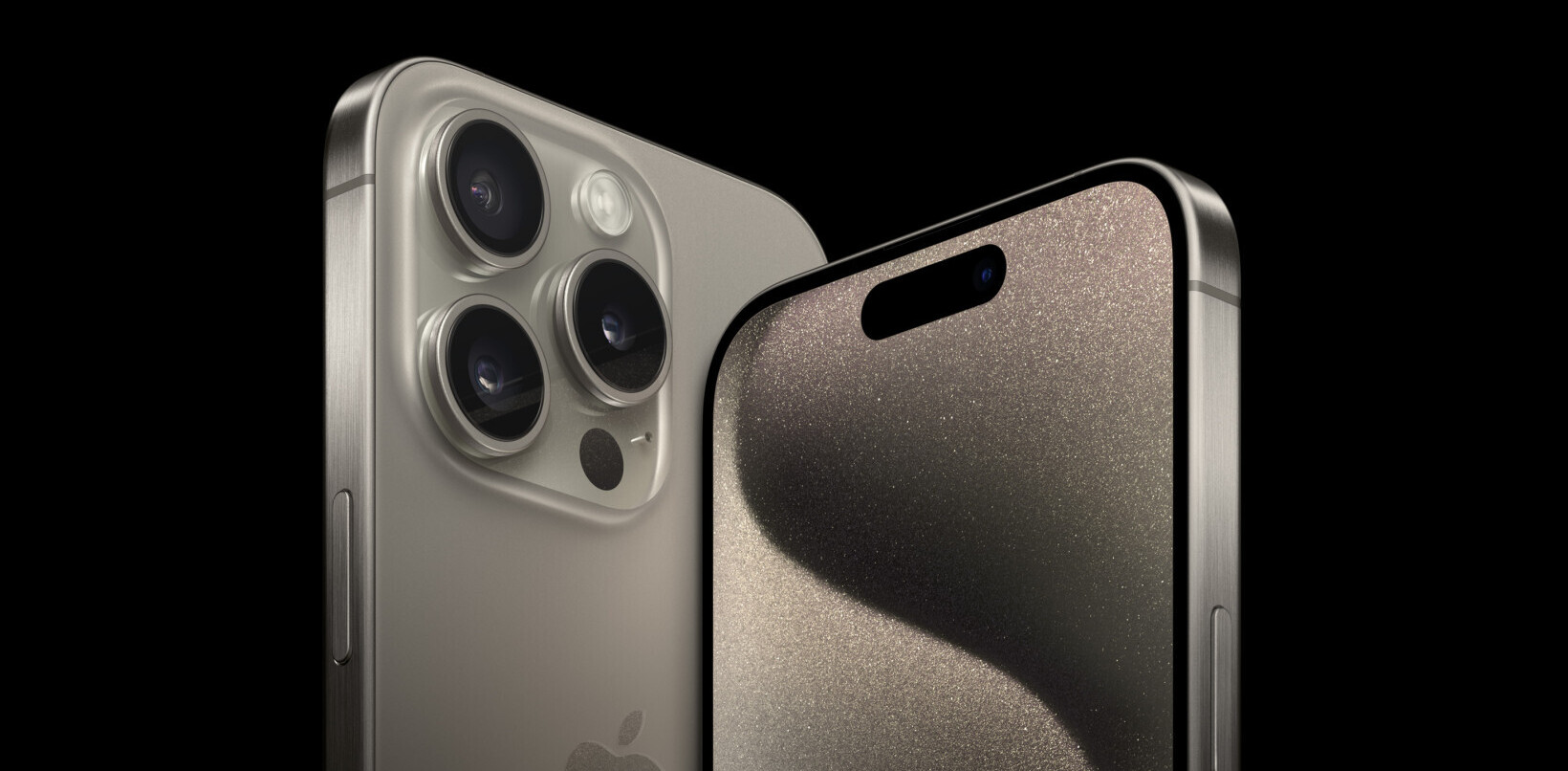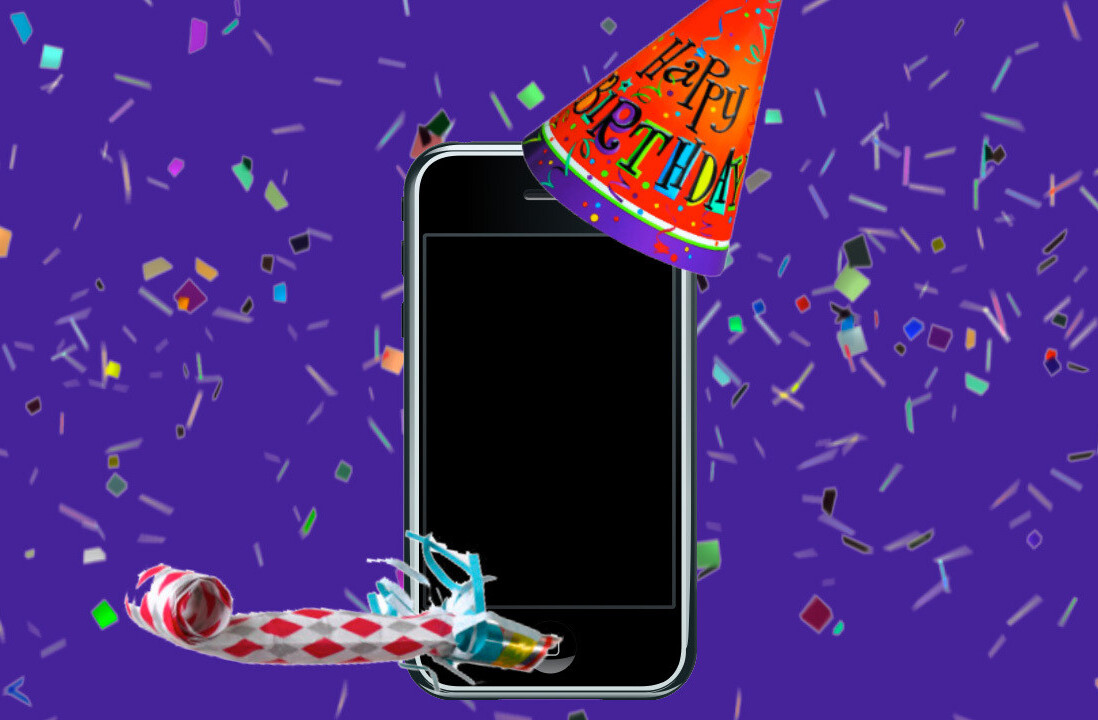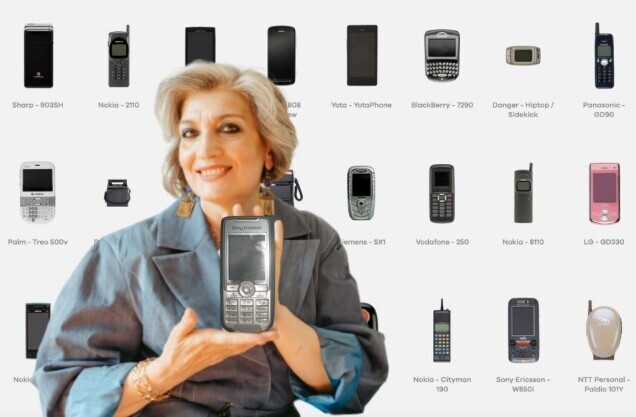
Apple’s iPhone 5 is official, initially bringing its 4G connectivity to nine countries on September 21. In the UK, mobile operator EE has already called a 4G exclusive on the device, but it appears that its rival operators — Vodafone and O2 — won’t be able to offer the LTE support on their yet-to-exist 4G networks, even if they wanted to.
In the ‘Tech Specs’ section on the Apple website, Apple lists the cellular and wireless capabilities of its GSM and CDMA iPhone models, listing not only their 3G connectivity but the 4G bands that they will operate on in different markets.
In terms of LTE bands, variants of the GSM and CDMA iPhone 5 support LTE bands 1, 3, 4, 5, 13 , 17 and 25. Each model supports a different number of LTE bands (as shown below):
EE (formerly Everything Everywhere) supports the 1800 MHz frequency, which is classified as Band 3. Switching on its service yesterday in four cities — London, Bristol, Cardiff and Birmingham — the carrier will be able to sell the iPhone 5 model A1429 and have it connect to its networks in the coming days, offering it in 16 cities by the end of the year.
While its rivals Vodafone and O2 will stock the device, they will be limited to offering it on 3G networks. It was believed that they would have to wait until Ofcom officially begins the auction process in ‘early 2013,’ when they would be able to bid on their own 4G bands and eventually allow the iPhone 5 to connect to their new LTE networks.
Except Ofcom won’t be auctioning of the bands that the iPhone 5 supports.
Ofcom will says it will “offer at least two spectrum bands.” They will include the 800 MHz and 2.6 GHz bands; the lower frequency 800 MHz band will offer more widespread mobile coverage while the 2.6 GHz band will be able to feature increased capacity to enable faster data speeds.
The 800MHz frequency is Band 20 and 2.6GHz frequency is Band 7. If you refer to Apple’s chart above, neither band is listed on any of the three iPhone 5 models.
The fourth UK operator — Three — won’t be able to compete until the end of 2013, when it gets the spectrum they bought from EE. EE had to sell off some of its 1800MHz spectrum to the company to fulfil its regulatory requirements. When Ofcom cleared EE’s application to launch its LTE networks (which are derived from its older 2G frequencies) early, EE was forced to play ball and offload some of its spectrum to Three.
It’s an even bigger kicker for Vodafone and O2, particularly because Apple’s lack of LTE support affects its operations in Europe too. Both carriers have LTE networks in Germany, but only Deutsche Telekom (owner of T-Mobile and part of EE’s networks in the UK) will be able to offer 4G connectivity.
The issue is bigger in the UK, mainly because the bands haven’t even been auctioned off yet.
In the light of today’s launch, Ofcom may be forced to reconsider the bands it will auction off in 2013, or the affected carriers will have to hammer out a deal with Apple to support their networks.
We have contacted Ofcom, Vodafone and O2 for comment on the the status of the 4G auction and what the carriers are planning when they eventually secure control of their own LTE networks in the UK.
Both companies will sell the device regardless, but if you were hoping for 4G support when the Ofcom spectrum auction concludes early next year, you may not be able to connect your new iPhone 5 to your carrier’s super fast networks when they become available.
Update: Vodafone has provided a statement on the issue:
“Vodafone UK customers will be able to use the iPhone 5 on our network, giving them the UK’s best network experience.
We’re investing well over £1.5 million per day on our network and we believe Vodafone customers receive the most reliable and consistent network experience of all mobile users in the UK, indoors and outside. In addition, our proposed network partnership with O2 will see our indoor 2G and 3G coverage boosted to reach 98% of the population by 2015.”
Get the TNW newsletter
Get the most important tech news in your inbox each week.






